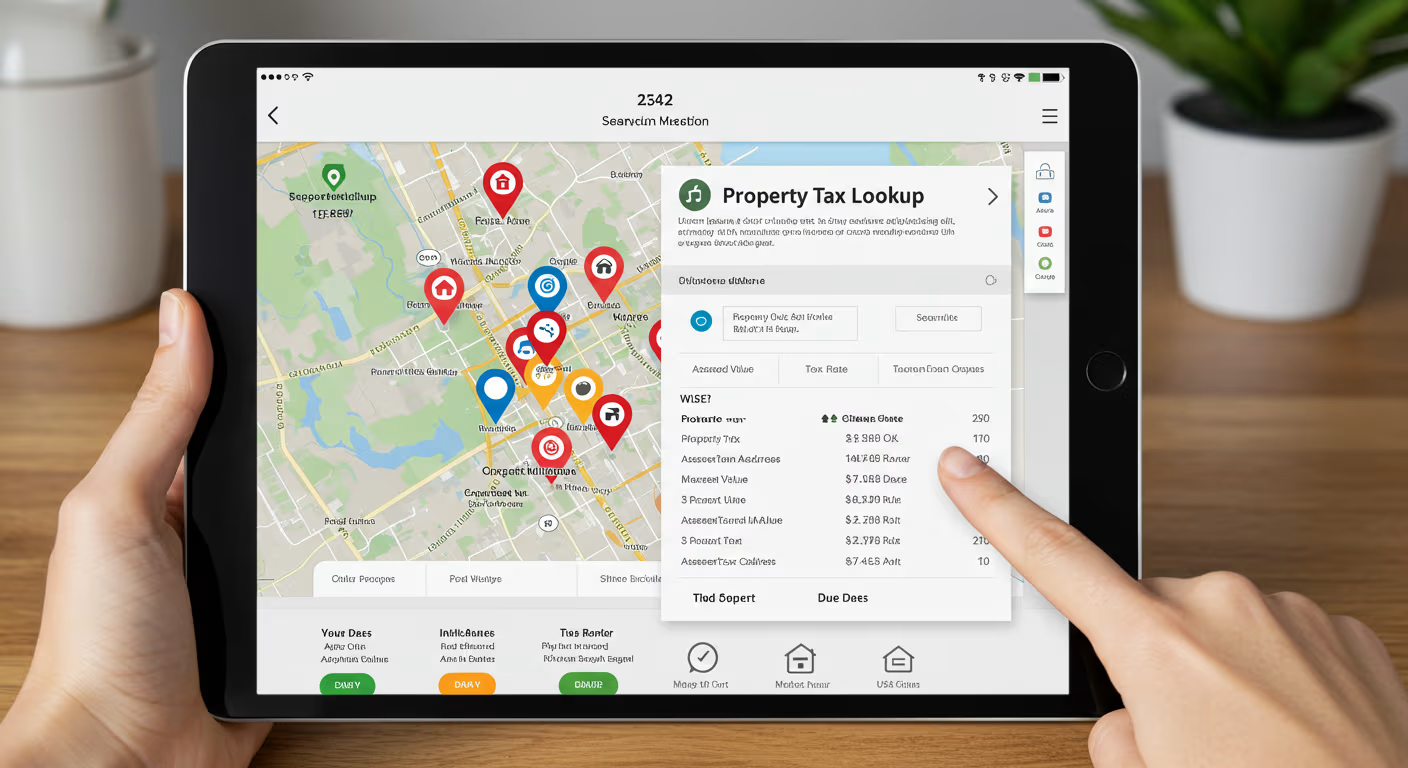Becoming a landlord in Toronto is not as easy as it looks. Anyone can buy property, but if you want to rent it out, there are some responsibilities you need to consider. You’d have to be ready all the time to solve all the tenants’ problems. For instance, if the pipe is leaking on your property and the tenant calls you at 2 a.m., you’d have to get it fixed or hire someone to do that. On the other hand, if you are looking to rent out your primary residence and want to live somewhere else for some time. Let us tell you that you’d have to hire a property manager for that. In this article, you’ll learn about all the tips and tricks on how you can pay fewer taxes on rental properties in Toronto. We will also help you to claim the tax deductions you can claim. Although we will provide all the information, don’t hesitate to contact our accounting firm for any more questions. Here’s what you should know.
How to claim tax deductions
The good news of being a landlord is that you can claim the tax deductions against your rental property income. There is a list of expenses mentioned by the Canada Revenue Agency (CRA) that you can claim. You can decrease the amount of tax you need to pay by claiming the expenses. If there are more expenses to claim, then you are lucky because, in that case, the tax would be reduced further. Few of the expenses like the management fees and advertising can be deducted completely. However, if you are not renting your complete house and just renting a portion of it, then you can only claim the deduction for that particular portion. For instance, You have a property, and you must pay $3000 in property taxes. This is your primary residence, and you want to rent out your basement as it is not in use. Now, the basement of your house represents around 40 percent of the house. That’s why you’d get the claim of $1200 on your tax return. The best thing you can do is contact a real estate accountant who can keep your taxes in check. Some of the common expenses which are deductible from your property include:
- Heat
- Hydro
- Water
- Home Insurance
Designating your principal residence
There is a difference in the implication of the taxes, and it is different if you were to rent out the principal residence or property you purchased as an investment. You’d be required to complete Form T2091 (IND), which is a designation of a property as a principal residence by an individual. One of the properties can be listed as your principal residence by the CRA as long as you lived there and owned it. Even though you can declare one property as your primary residence each tax year, you are not required to do so every year. When you return to your home after renting it out for a portion of the year, you can declare it as your primary residence.
Conclusion
During COVID, CRA is helping out both the tenants and the landlords as both of them are facing difficulties due to the pandemic. For instance, landlords are having trouble managing the property from a distance, financing etc. The Canada Emergency Response Benefit (CERB) is where you can apply if you are running a rental income properties business. You can contact us for your queries related to paying taxes on rental properties.









